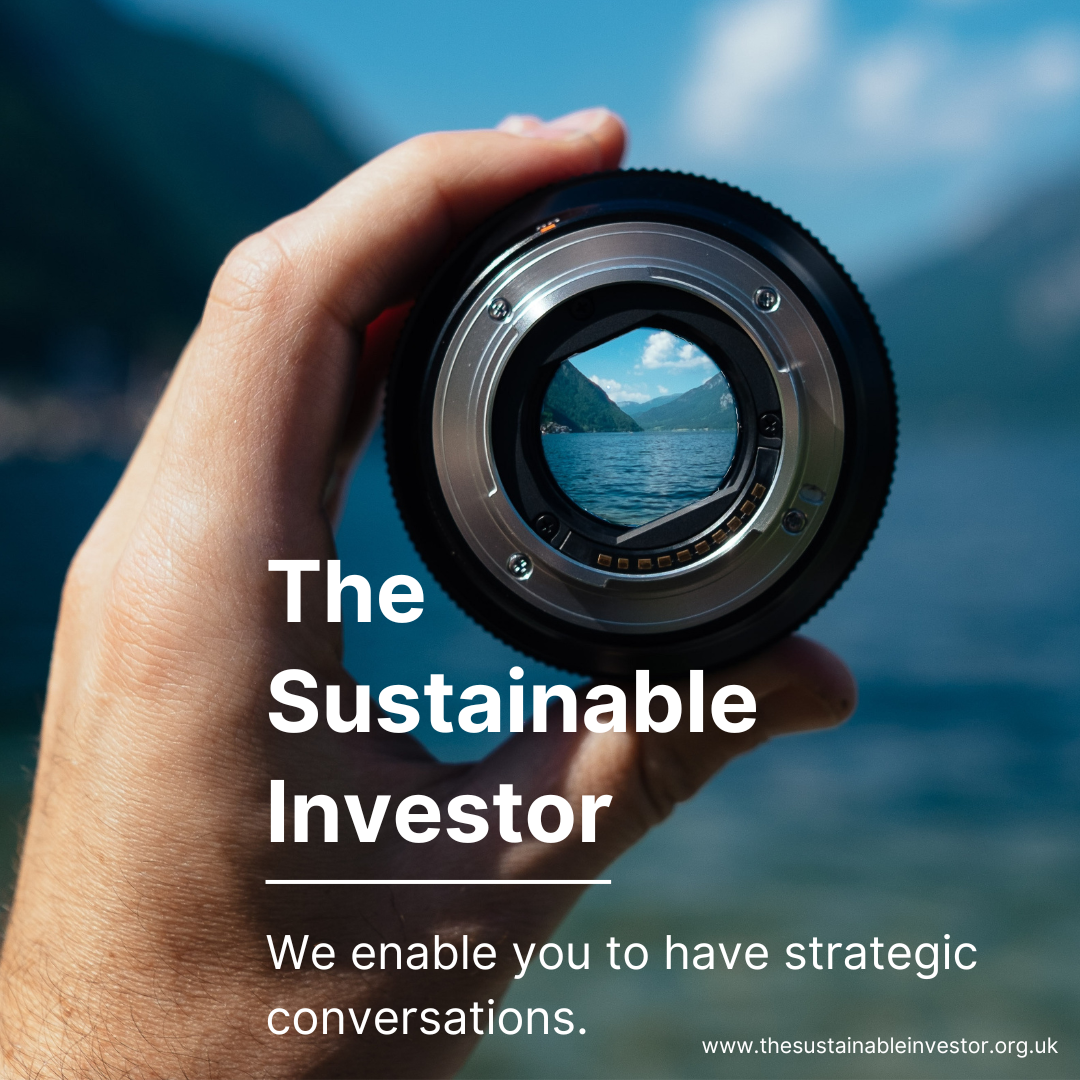
Agriculture and indirect migrant labour exploitation
Exploitation of migrant workers does not only take place in the global south, it's also an issue in Europe as well, especially in the agriculture industry.
Summary: We often think about the exploitation of migrant labour as something that happens in the "Global South" or if it happens on our back door, it's something that happens at a small scale. But perhaps we need to look harder.
Why this is important: Countries are increasingly allowing impacted litigants to take action in the home domicile of the 'parent company'.
The big theme: Leaving aside for a moment the rights and wrongs from a moral perspective, the exploitation of labour, often called modern slavery, in company supply chains is increasing becoming an important investor issue. Some of this is to do with reputation and brand value, but increasingly, regulation is making companies legally responsible. Which means, for investors, it should be a material element of our investment cases. Why take the risk? Isn't it better that we are proactive in identifying and fixing this.

The details
Summary of a story from the BBC
The town of Campobello di Mazara on the island of Sicily overlooks rows of olive trees blanketing green fields. But a short stroll away is something much darker - a filthy makeshift encampment that resembles a refugee camp. Known as the "ghetto", it is home to hundreds of African migrant farm workers, most of whom are from The Gambia, Senegal and Tunisia.
Such "ghettos" housing mainly African agricultural workers also exist in other parts of Italy like Puglia in the south. The UN estimates that there are between 450,000 and 500,000 irregular migrants working in the country's agricultural sector - about half of its total workforce. The gangmaster system, known as "caporalato", means the migrants do not work directly for the farmers - and their illegal status means they are incredibly cheap, with pay often as low as $2 an hour.
Let's take a look at why this is important...
Why this is important
Let's start with the easy one. Many investors, and by this we mean asset owners rather than their asset manager representatives, want to see their capital used to do good, or at least meet the "do no harm" criteria. And many of them apparently have a substantial willingness to pay for sustainable investments - put simply, a willingness to accept a lower financial rate of return. So, for this group, avoiding investing in companies that exploit migrant workers should be a "no brainer" - assuming of course they know it's going on. Although to be fair, organisations such as the UN have been flagging this issue for a while.
But even for those investors who argue that their fiduciary duty means they should invest in those companies that, assuming they are not breaking the law, offer the best financial returns, the world is changing. While the European Union seems to be slowing in its efforts to advance its social taxonomy, some countries are increasingly allowing impacted litigants to take action in the home domicile of the "parent company". And, more directly, countries such as Germany are making companies responsible for human rights and environmental issues in their supply chains. This follows the adaptation in February 2022 of the EU directive on corporate sustainability due diligence. The aim of this Directive is to foster sustainable and responsible corporate behaviour and to anchor human rights and environmental considerations in companies’ operations and corporate governance.
Something a little more bespoke?
Get in touch if there is a particular topic you would like us to write on. Just for you.
Contact us
Please read: important legal stuff.

